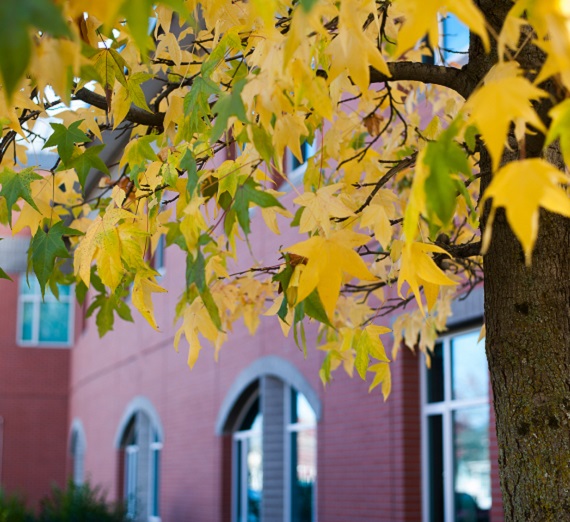Collaborating Locally

In summer 2014, Dean Alfonso and Wendy Thompson, director of Tribal Relations in Gonzaga’s Center for American Indian Studies, visited several tribes in eastern Washington to learn about the needs of Native American students in K-12 schools. These visits led to the idea of a series of symposia to address the instructional and learning needs of Native American students. Although there are many ways to approach these, a significant step is to “educate the educator” in the classroom to gain a better understanding of their Native American culture, learning needs, and best instructional practices.
The first symposium in the series, Rethinking Native American Education: Building Bridges, was co-presented with the Spokane Tribe in April 2015. The participants were the educators, future and current, from elementary, secondary, and higher education. Dr. Jon Reyhner, Professor at Northern Arizona University and renowned author, shared his first-hand experience and research with the group to gain a better understanding of American Indian culture. A very powerful session in the Symposium, was a Native American student panel of three current students at Gonzaga and one alumnus, who shared their personal experiences, which are relevant to all levels of education.
• When speaking about academic preparation and Gonzaga’s community, one student said, “Getting here wasn’t difficult. Being here was difficult.”
• A Native American educator shared with the panel she had experienced similar pain during her time at Gonzaga decades earlier. In response, another tribal member asked, “Is it ever going to be OK to be an Indian?” and a student panelist was too emotional to respond immediately.
• Another told a story of a teacher who responded by listening and correcting her when the textbook she was using had incorrect facts.
• “I see education as a triangle – institution, community, students; they need to work for each other.” Dr. Elaine Radmer, an SOE faculty member remarked that this statement from the student was one of the most profound things she had ever heard about education.
Change takes time and our hope and belief is that with additional information over months and maybe even years, we can create a culture change or paradigm shift in the ways we instruct Native American students. The SOE is working closely with Spokane Public Schools and its superintendent, Dr. Shelley Redinger, as well as several tribes. Dr. Deborah Nieding, Associate Professor in Teacher Education, has been involved in numerous educational projects and her input is invaluable. Dr. Nieding and Wendy Thompson co-coordinated the event and continue to collaborate on projects.
The first symposium in the series, Rethinking Native American Education: Building Bridges, was co-presented with the Spokane Tribe in April 2015. The participants were the educators, future and current, from elementary, secondary, and higher education. Dr. Jon Reyhner, Professor at Northern Arizona University and renowned author, shared his first-hand experience and research with the group to gain a better understanding of American Indian culture. A very powerful session in the Symposium, was a Native American student panel of three current students at Gonzaga and one alumnus, who shared their personal experiences, which are relevant to all levels of education.
• When speaking about academic preparation and Gonzaga’s community, one student said, “Getting here wasn’t difficult. Being here was difficult.”
• A Native American educator shared with the panel she had experienced similar pain during her time at Gonzaga decades earlier. In response, another tribal member asked, “Is it ever going to be OK to be an Indian?” and a student panelist was too emotional to respond immediately.
• Another told a story of a teacher who responded by listening and correcting her when the textbook she was using had incorrect facts.
• “I see education as a triangle – institution, community, students; they need to work for each other.” Dr. Elaine Radmer, an SOE faculty member remarked that this statement from the student was one of the most profound things she had ever heard about education.
Change takes time and our hope and belief is that with additional information over months and maybe even years, we can create a culture change or paradigm shift in the ways we instruct Native American students. The SOE is working closely with Spokane Public Schools and its superintendent, Dr. Shelley Redinger, as well as several tribes. Dr. Deborah Nieding, Associate Professor in Teacher Education, has been involved in numerous educational projects and her input is invaluable. Dr. Nieding and Wendy Thompson co-coordinated the event and continue to collaborate on projects.
